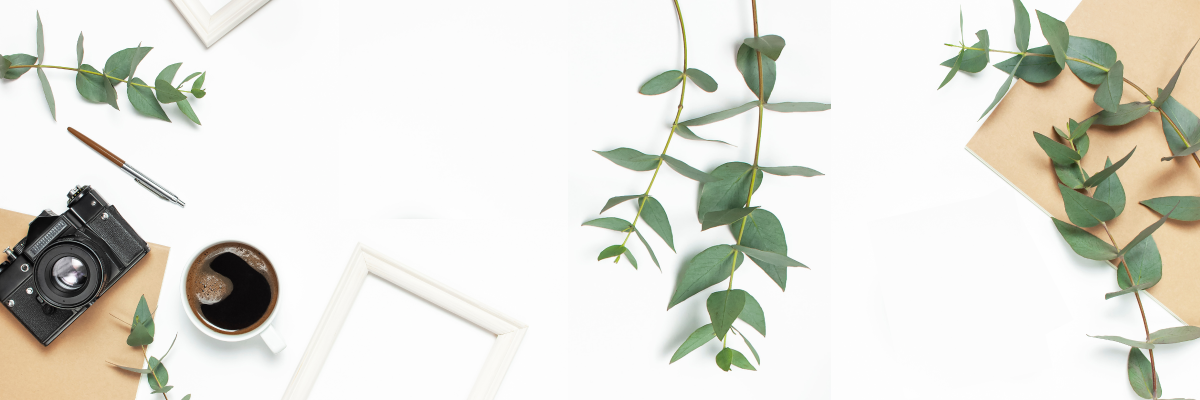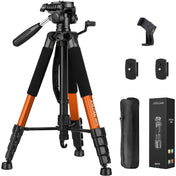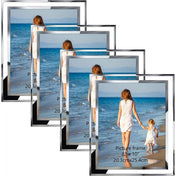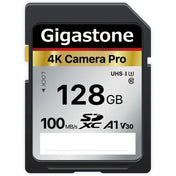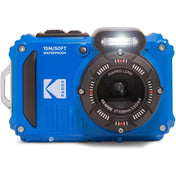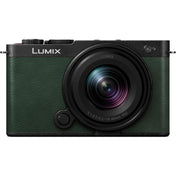Have you ever wondered what the world looks like up close? Macro photography is a fascinating genre that allows you to explore the intricate details of small subjects. It's like stepping into a miniature world filled with mesmerizing beauty. Whether you're an aspiring photographer or simply curious about the tiny wonders that surround us, let's dive into the captivating realm of macro photography!
What is Macro Photography?
Macro photography is all about capturing small subjects in extreme close-up. It magnifies the tiniest details and reveals a whole new perspective that often goes unnoticed by the naked eye. From delicate flowers and insects to intricate patterns and textures, macro photography unveils a world that's teeming with life and wonder.
Equipment You'll Need
To embark on your macro photography journey, you'll need some essential equipment. While professional gear can elevate your results, you can still achieve impressive shots with a basic setup. Here's what you'll need:
1. Camera with Manual Settings
A camera with manual settings gives you full control over your macro images. It allows you to adjust the aperture, shutter speed, and ISO to achieve the desired depth of field and sharpness. Whether you use a DSLR or a mirrorless camera, make sure it has manual controls.
2. Macro Lens or Extension Tubes
A dedicated macro lens is ideal for capturing stunning close-ups. It provides a 1:1 magnification ratio, allowing you to focus on small subjects from a close distance. If you're on a budget, you can also use extension tubes, which increase the distance between the lens and the camera sensor, enabling closer focusing.
3. Tripod
When shooting in extreme close-up, even the slightest movement can result in blurry images. A sturdy tripod is crucial for keeping your camera steady and ensuring sharpness. Look for a lightweight and adjustable tripod that allows you to position your camera at various angles.
4. Remote Shutter Release or Timer
To eliminate any camera shake caused by pressing the shutter button, consider using a remote shutter release or the built-in timer on your camera. This way, you can capture sharp and shake-free images without physically touching the camera.
Techniques for Capturing Stunning Macro Shots
Now that you have the necessary equipment, let's dive into some tried-and-true techniques that will help you capture stunning macro shots:
1. Find the Perfect Lighting
Lighting plays a crucial role in macro photography. Soft, diffused light is ideal for highlighting the intricate details of your subject. Avoid harsh midday sunlight, as it can create harsh shadows and wash out the details. Instead, try shooting during the golden hours (early morning or late afternoon) or use a diffuser to soften the light.
2. Experiment with Depth of Field
Depth of field refers to the area of your image that appears in sharp focus. In macro photography, shallow depth of field is often used to isolate the subject from the background and create a dreamy, ethereal look. To achieve this, set your camera to a wide aperture (small f-number) like f/2.8 or f/4. Experiment with different depths of field to achieve the desired effect.
3. Focus on the Eyes
When photographing insects or small creatures, focusing on their eyes can create a captivating image. The eyes are often the most expressive part of the subject and can draw the viewer's attention. Use your camera's autofocus or manual focus to ensure the eyes are tack sharp.
4. Get Low and Close
To capture unique and engaging perspectives, get down to the level of your subject. This means getting low to the ground or finding interesting angles to shoot from. Don't be afraid to get up close and personal with your subject to reveal the intricate details that are often unseen by the naked eye.
Editing Tips for Macro Photography
Once you've captured your macro shots, it's time to enhance them through editing. Here are a few tips to help you bring out the best in your macro images:
1. Adjust the Contrast and Clarity
Macro images often benefit from a slight boost in contrast and clarity. This can help bring out the fine details and make the subject pop. Be careful not to overdo it, as excessive editing can make the image look unnatural.
2. Enhance Colors
Macro subjects can be incredibly colorful, whether it's the vibrant petals of a flower or the iridescent wings of an insect. Play around with the saturation and vibrance sliders to bring out the true colors of your subject. However, be mindful of maintaining a natural look.
3. Remove Distractions
In macro photography, even the smallest distractions can take away from the main subject. Use the spot healing tool or clone stamp tool to remove any unwanted elements that may be present in the frame. This will help draw attention to the subject and create a cleaner composition.
Expand Your Photographic Horizons with Macro Photography
Macro photography is a gateway to a whole new world of visual exploration. It allows you to discover the beauty in the smallest of subjects and appreciate the intricate details that often go unnoticed. So grab your camera, gear up with the right equipment, and venture into the captivating world of macro photography. Unlock the hidden wonders and be prepared to see the world in a whole new light!
Ready to dive into the world of macro photography? Check out our collection of macro lenses and accessories at katstormphoto.com. Happy shooting!
Visit another user's Shopify store by clicking here. Kindly note that this is a promotional link, and we assume no liability for the content on the linked store.

